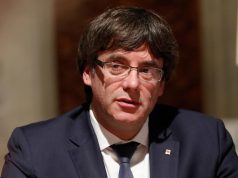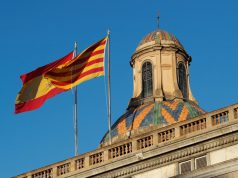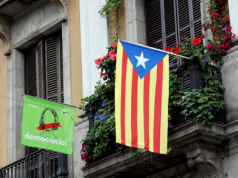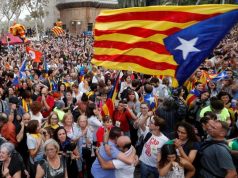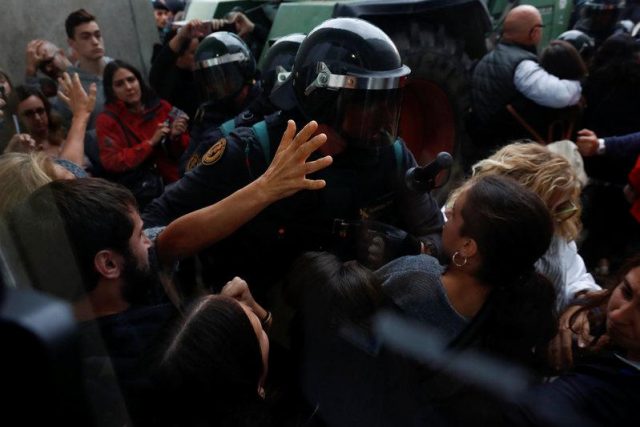
BRUSSELS – The EU executive urged Spain to talk to Catalan separatists on Monday, condemning violence but also calling for unity, a day after Spanish police beat people trying to vote in an independence referendum in Catalonia.
Edging into a minefield it has tried hard to avoid, despite a danger for stability in Spain and the euro zone, the
European Commission issued a cautiously balanced statement. It voiced trust in Spanish Prime Minister Mariano Rajoy’s ability to manage this “internal matter”, but also called for dialogue and reminded Madrid of a need to respect citizens’ basic rights.
“We call on all relevant players to now move very swiftly from confrontation to dialogue. Violence can never be an instrument in politics,” the Commission said in a statement read out by chief spokesman Margaritis Schinas, just before Catalan leader Carles Puigdemont asked for EU mediation.
Pressed by reporters, Schinas declined to say specifically that the EU was condemning Spanish police tactics, though it was their actions at polling stations on Sunday which mostly shocked fellow Europeans and generated public pressure that saw other governments including Germany and France call for more dialogue.
Commission President Jean-Claude Juncker spoke to Rajoy later on Monday after being in contact over the weekend, though the EU spokesman declined to say whether the Union would mediate, an unusual step for Brussels to take within one of the bloc’s own member states. Aides said Juncker spelled out the Commission position and was also “in a listening mode”.
Donald Tusk, the former Polish prime minister who chairs summits of EU national leaders, said after his own conversation with Rajoy that he shared the Spanish premier’s constitutional arguments but also appealed to him to find ways to prevent a further escalation and the use of force.
The Commission statement also supported Madrid’s line that the vote, which Catalan leaders said recorded a huge result for independence, was “not legal” under Spain’s constitution.
Brussels has in the past given little or no encouragement to separatist movements inside the European Union, whether those of the Catalans, Scots, Flemings or others.
“These are times for unity and stability, not divisiveness and fragmentation,” it said. Any breakaway state would have to leave the EU and re-apply to join, the statement also noted.
Even that could only happen if the split were amicable. This distinguishes Scotland, which held a referendum agreed with London in 2014, from Catalonia, where Spain’s Constitutional Court has said the 1978 constitution forbids secession.
UNEASE IN EUROPE
For all the reluctance of other Europeans to be drawn into the dispute in public, there has been growing unease in Brussels about the way the conservative government in Madrid has handled the confrontation with Barcelona, reviving emotions rooted in 20th-century civil war and dictatorship.
As pictures of heavily armored Spanish police clubbing women on the ground stunned Europe on Sunday, the few governments that spoke out included those of Scotland, Slovenia, which emerged from the bloody collapse of Yugoslavia, and Belgium, where repeated rounds of devolution have averted a final split between French- and Dutch-speakers.
On Monday, Berlin joined the calls for dialogue, warning against a “spiral of escalation”. Germany’s BDI industrial federation warned that splitting the highly industrialised region from Spain would be very damaging for both sides.





